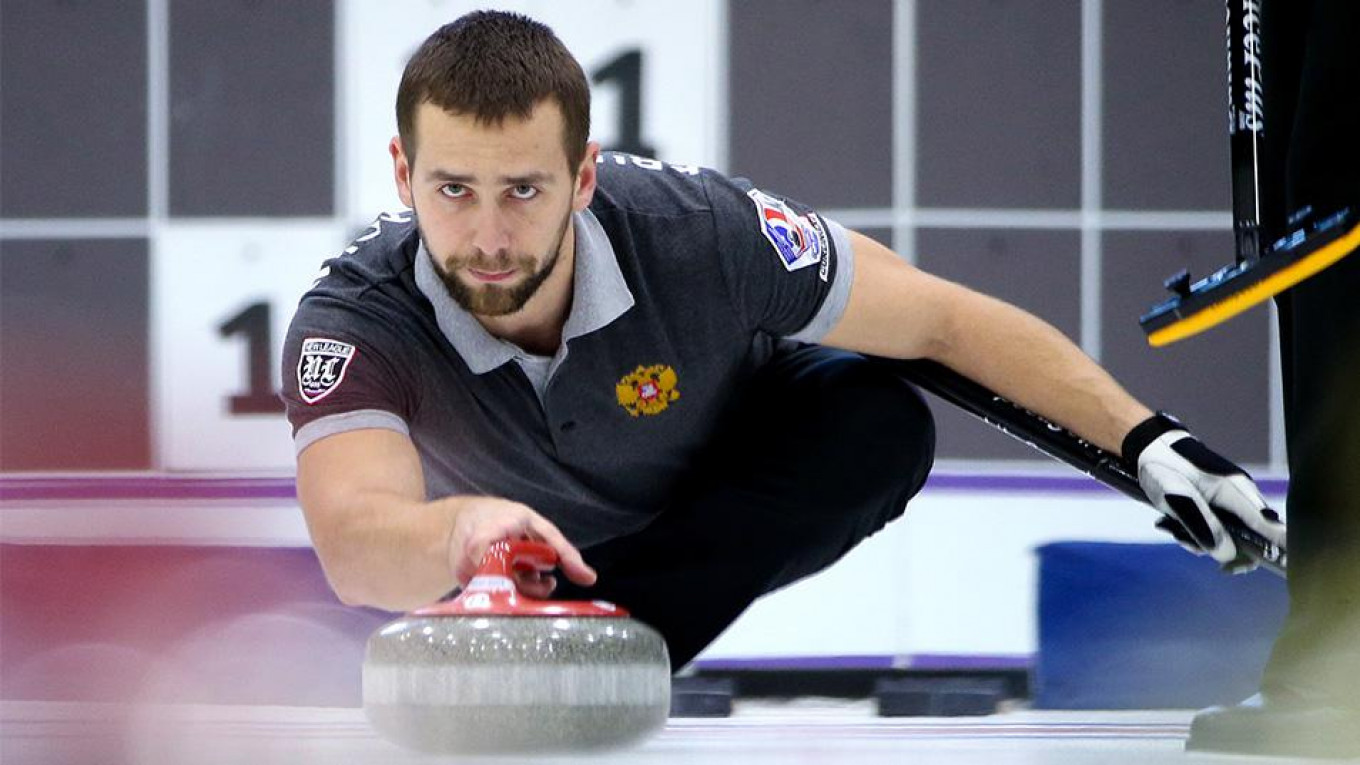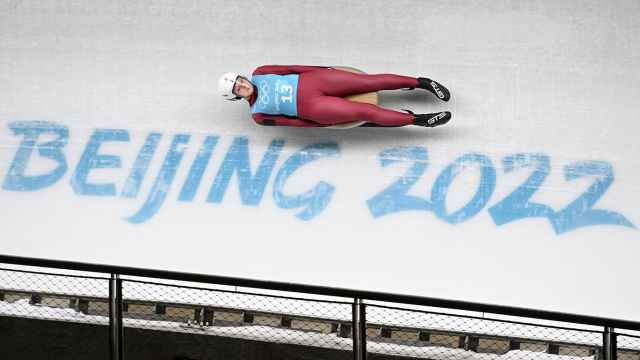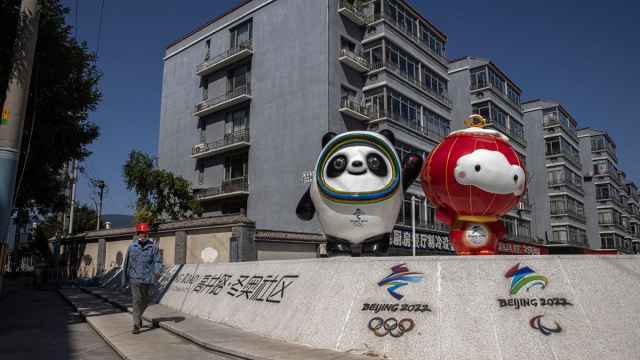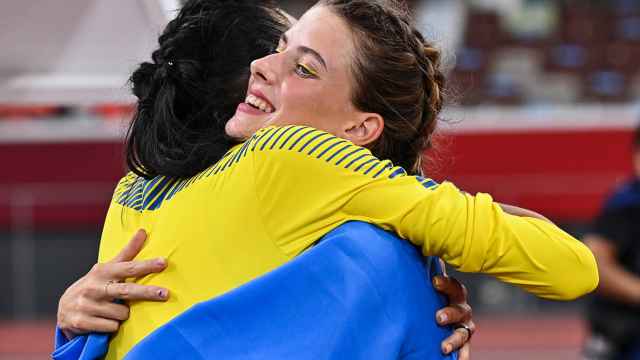Russian athlete Alexander Krushelnitsky has returned the bronze medal he won last week at the Olympics after testing positive for meldonium.
Krushelnitsky and his partner Anastasiya Bryzgalova won a bronze medal on Feb. 12 in mixed doubles curling before the athlete’s urine samples came back positive for meldonium. A hearing on the case at the Sports Arbitration Court (CAS) scheduled for Feb. 22 was cancelled after the athlete said that the hearing would be "pointless."
"I never violated the sport's rules and did not use doping," Krushelnitsky said in a statement published by the state-run TASS news agency.
"We achieved the bronze Olympic medal through hard work and constant training,” he said.
While denying that he was guilty of doping, the athlete admitted “the fact that a formal violation of the existing anti-doping rules took place.”
"It's stupid to deny this when the presence of a banned substance in the system is confirmed by the results of two doping tests,” he added.
Krushelnitsky said he was prepared for a “predictable” verdict that would find him guilty but vowed to do everything in his power to find “irrefutable evidence” of his innocence.
The Russian Curling Federation (RCF) wrote a statement claiming that banned substances may have been added to Krushelnitsky's food by unknown persons, TASS reported.
A Message from The Moscow Times:
Dear readers,
We are facing unprecedented challenges. Russia's Prosecutor General's Office has designated The Moscow Times as an "undesirable" organization, criminalizing our work and putting our staff at risk of prosecution. This follows our earlier unjust labeling as a "foreign agent."
These actions are direct attempts to silence independent journalism in Russia. The authorities claim our work "discredits the decisions of the Russian leadership." We see things differently: we strive to provide accurate, unbiased reporting on Russia.
We, the journalists of The Moscow Times, refuse to be silenced. But to continue our work, we need your help.
Your support, no matter how small, makes a world of difference. If you can, please support us monthly starting from just $2. It's quick to set up, and every contribution makes a significant impact.
By supporting The Moscow Times, you're defending open, independent journalism in the face of repression. Thank you for standing with us.
Remind me later.






